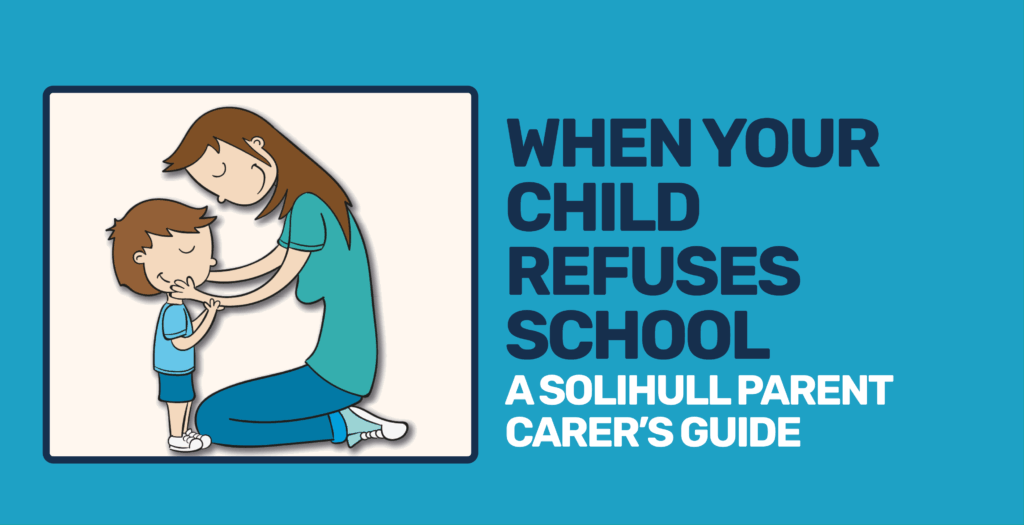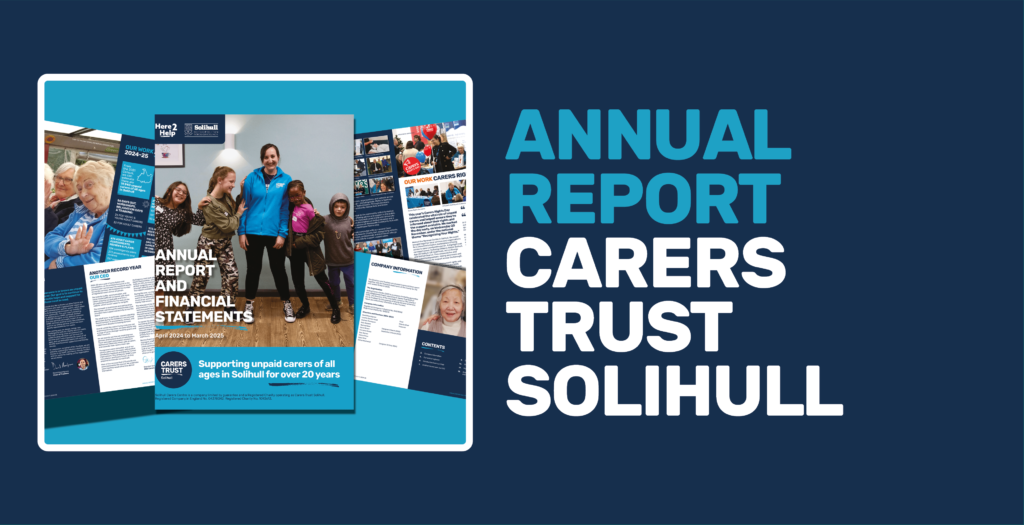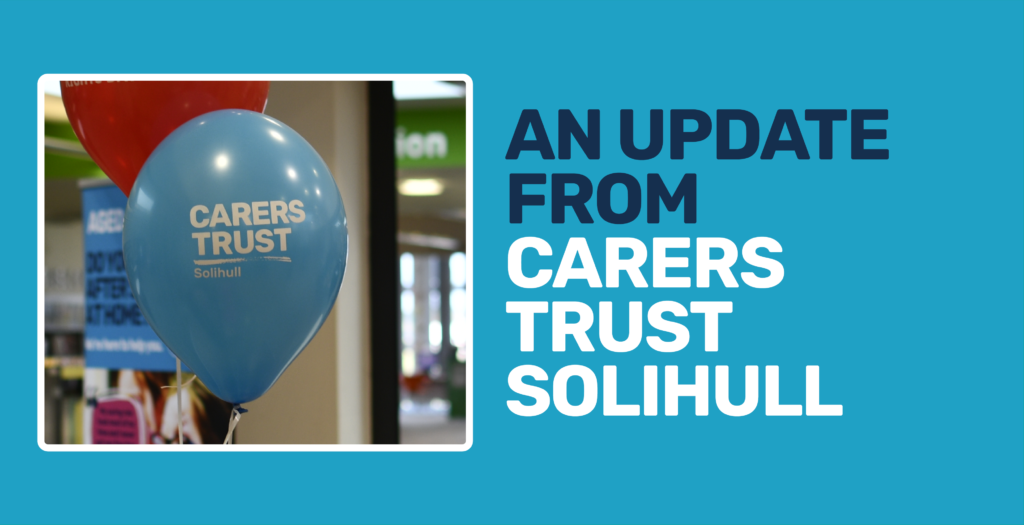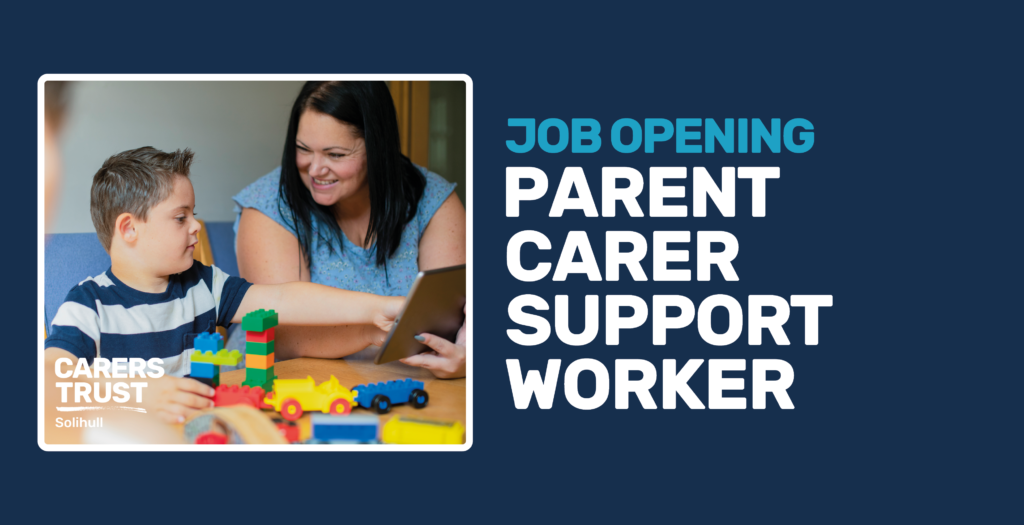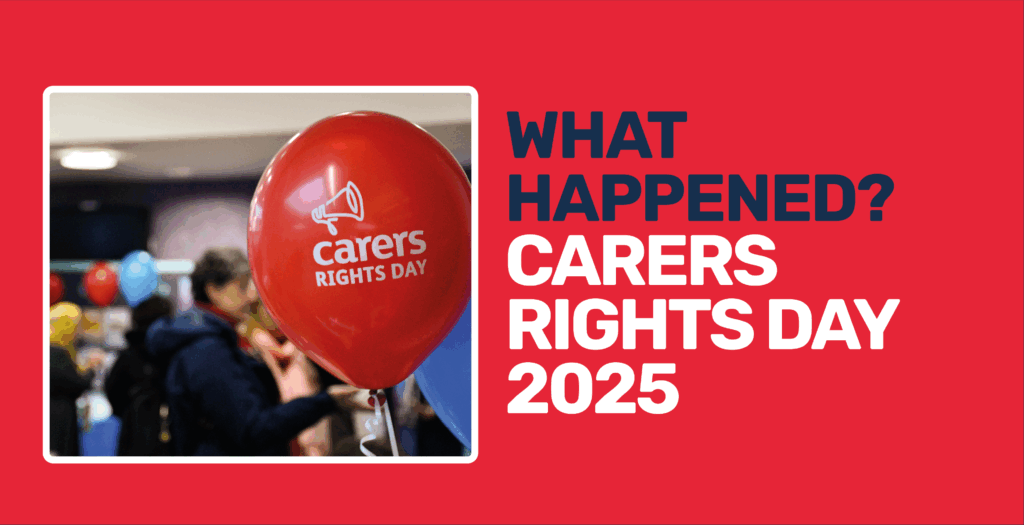Quick Access

Refuses school school refusal ebsn ebsa emotionally based school non-attendance refusing schoolRefuses school school refusal ebsn ebsa emotionally based school non-attendance refusing schoolRefuses school school refusal ebsn ebsa emotionally based school non-attendance refusing schoolRefuses school school refusal ebsn ebsa emotionally based school non-attendance refusing schoolRefuses school school refusal ebsn ebsa emotionally based school non-attendance refusing schoolRefuses school school refusal ebsn ebsa emotionally based school non-attendance refusing schoolRefuses school school refusal ebsn ebsa emotionally based school non-attendance refusing schoolRefuses school school refusal ebsn ebsa emotionally based school non-attendance refusing schoolRefuses school school refusal ebsn ebsa emotionally based school non-attendance refusing schoolRefuses school school refusal ebsn ebsa emotionally based school non-attendance refusing schoolRefuses school school refusal ebsn ebsa emotionally based school non-attendance refusing schoolRefuses school school refusal ebsn ebsa emotionally based school non-attendance refusing school
Struggling with school refusal? This Solihull-focused guide explains what Emotionally Based School Non-Attendance (EBSN) means, your rights under UK law, and the local and national support that can help your child return to learning without fear.
When your child refuses to go to school, mornings can feel like a battlefield — tears, arguments, and the gnawing worry that you are letting them down. For many parent carers in Solihull, this is not about “naughtiness” or “bad behaviour.” It is about a child who is overwhelmed, anxious, or facing needs that are not being met.
In Solihull, the term ESBN (Emotionally Based School Non-Attendance) is used to describe situations where a child’s emotional distress makes attending school extremely difficult. In other areas or older documents, you may see the term EBSA (Emotionally Based School Avoidance) — both mean the same thing and place the emphasis on emotional needs rather than attendance enforcement. Solihull Council’s ESBN guidance sets out how schools, parents, and services should work together to support affected pupils. Recognising ESBN for what it is can be the first step toward change.
This guide will take you through what ESBN means, how to recognise it, and the local services and legal protections that can help you work towards a successful return to school for your child.
What School Refusal / EBSN Really Means
ESBN occurs when a child experiences such significant distress about attending school that they cannot go, even though they may want to learn or see their friends. This is not truancy. It is a stress response to an environment or situation that feels unsafe, unmanageable, or overwhelming.
The causes of ESBN can vary widely. For some children, it may stem from anxiety disorders or mental health difficulties. Others may be experiencing sensory overload, which is common for those who are autistic or have ADHD. Bullying, friendship breakdowns, ongoing physical health conditions, and a lack of specialist teaching strategies can all contribute.
“gradually, slowly, slowly, he felt he could cope with it better, rather than ‘that’s it, you go back to school.’ ”
If you suspect your child’s anxiety is linked to caring responsibilities, our Young Carers Support page explains how we can help children balance school and their caring role.
Your Rights as a Parent Carer
As a parent carer, you have strong legal protections to ensure that your child’s needs are met. The Equality Act 2010 places a duty on schools to make reasonable adjustments for disabled pupils. This includes children with mental health conditions, autism, ADHD, and other neurodivergent profiles. Adjustments might include changes to the timetable, teaching methods, or the physical environment to remove barriers to learning. Government guidance, such as Working Together to Improve Attendance (Department for Education, 2022), makes clear that schools should work with families to tackle persistent absence in a supportive and constructive way, not through punishment or fines.
Solihull Parent Carer Voice (SPCV) are “independent parent carers working together to raise awareness and improve outcomes for all children with Special Educational Needs and/or Disabilities (SEND 0-25).” They have a dedicated forum just for parents like you, to communicate, offer advice and receive guidance right from other carers. Contact them and learn how they can support you via their website.
If your child’s needs are complex and long-term, you can request an Education, Health and Care Plan (EHCP) assessment from Solihull Council. An EHCP is a legally binding document that sets out exactly what support your child must receive and who is responsible for providing it. For children with ongoing medical or mental health needs, an Individual Healthcare Plan (IHP) can be agreed between the school, healthcare professionals, and your family to ensure the right measures are in place on a daily basis.
We offer specialist support for parent carers with advice, guidance, signposting to services that can also advocate for you in meetings and appointments. Just get in touch.
First Steps When Your Child Stops Attending
If you are in crisis and your child is missing school due to ESBN, the first and most important action is to contact Solihull SENDIAS by clicking here or call 0121 516 5173. Explain that your child is experiencing emotionally based school non-attendance and ask them to help you plan your next step. SENDIAS can also attend school meetings with you and ensure your rights are respected.
Keep a detailed record of everything. Note down incidents, triggers, and communications with the school. This evidence will be important if you need to request formal assessments or challenge decisions.
Make an urgent request to meet with the school’s Special Educational Needs Coordinator (SENCo) and share your concerns. During this meeting, ask for a phased return plan that takes into account your child’s needs. This could mean attending only mornings for a set period, having a trusted adult greet them at the school gate, or starting with lessons they feel most confident in.
If emotional or mental health support is required, ask the school or your GP to make a referral to Solar, the local mental health service for children and young people. Getting this support in place early can make a big difference to your child’s recovery.
You can also find emotional wellbeing ideas and further support services via our Carers’ Mental Health Support Hub.
Watch episode 5 of our Carers Talk podcast: Being a Parent Carer, with our guest Sajida Golby, founder of North Solihull Additional Needs Support Group (NSANSG)
You can find their public Facebook page here and their private Facebook group here.
Join their group to receive direct and supportive guidance from more than 1,900 other parent carers!
Working with the School
Approaching the school as a partner is important, but it is equally important to be clear and assertive about what your child needs. Share Solihull Council’s EBSA guidance with staff — it contains a recognised framework for assessing and addressing emotionally based school avoidance. Schools in the borough are expected to follow this guidance.
If the school does not take your concerns seriously, or is resistant to making adjustments, escalate your case to Solihull Council’s Education Welfare Service. You should also involve SENDIAS at this stage, as they can help you advocate for your child.
In some cases, parents are threatened with fines for non-attendance. These can be challenged if you can show that the absence is related to a disability or medical condition and that reasonable adjustments have not been made. This is where your detailed records and any professional evidence will be invaluable.
Realistic Outcomes
With the right adjustments, children experiencing EBSN can return to school in a way that supports their wellbeing and builds their confidence. One Solihull family implemented a three-week phased return plan supported by a pastoral mentor. Attendance rose from 30% to 85% within a term, and the child’s anxiety reduced enough to participate in group activities again.
Another parent secured an EHCP for their child, which included sensory breaks and one-to-one support during transitions between lessons. This removed the daily morning meltdowns that had previously made attendance impossible. These examples show that with the right approach, positive change is possible.
If you’d like to connect with other parents going through similar challenges, our Carer Support Groups and Meet-ups are a safe place to share experiences and strategies. Just check out our Events and Activities page for the next meet-up (and other events and fun activities).
Support in Solihull
EBSN is not a reflection of poor parenting. It is a sign that your child’s current learning environment is not meeting their needs. By understanding your legal rights, working with local services, and having a clear plan, you can create a path back to education that prioritises your child’s wellbeing.
Start with one step today:
- Solihull Parent Carer Voice (SPCV) are “independent parent carers working together to raise awareness and improve outcomes for all children with Special Educational Needs and/or Disabilities (SEND 0-25).” For dedicated support for Parent Carers, SPCV are here for you. They have a dedicated forum just for parents like you, to communicate, offer advice and receive guidance right from other carers. Contact them and learn how they can support you via their website.
- Solihull SENDIAS offers impartial advice for parents of children with special educational needs and disabilities. You can reach them on 0121 516 5173 or via their website.
- Solar, the local children’s mental health service, provides emotional wellbeing and crisis support. They can be contacted on 0121 301 2750 or through their website.
- Solihull Council’s EBSN guidance is available online and can be shared with your child’s school to encourage a collaborative approach. National organisations such as Contact also offer resources and advice for families with disabled children, including those experiencing school avoidance.
- Citizens Advice Solihull Borough (CASB) provides free, confidential, and impartial advice on a range of issues, including benefits, housing, and employment, to residents of North Solihull. For issues related to Emotionally Based School Non-Attendance (EBSN), CASB can offer support and guidance to families and schools. Find your nearest support and what they offer through their website.
Below you will find all the links and sources of support used in this guide. We hope it helps to give you a glimpse of the level of support that is available.
Solihull Council’s ESBN guidance:
https://www.solihull.gov.uk/sites/default/files/2021-12/Emotionally-Based-School-Non-Attendance-Guidance-for-Schools.pdf
Carers Trust Solihull – Contact Page
https://solihullcarers.org/contact-us/
Carers Trust Solihull – Young Carers Support
https://solihullcarers.org/young-carers/
Carers Trust Solihull – Mental Health Support Hub:
https://solihullcarers.org/mental-health-support/
Carers Trust Solihull – Find carer meet-ups and support with our Events & Activities page:
https://solihullcarers.org/whats-on/
North Solihull Additional Needs Support Group (NSANSG):
Public Facebook page here
Private Facebook group here.
The Equality Act 2010:
https://www.legislation.gov.uk/ukpga/2010/15/contents
Solihull Parent Carer Voice::
https://spcv.org.uk/
Education, Health and Care Plan (EHCP) assessment from Solihull Council:
https://www.solihull.gov.uk/children-and-family-support/solihull-local-offer/education-health-and-care-plan-ehcp-explained-0
Working Together to Improve Attendance (Department for Education, 2022):
https://www.gov.uk/government/publications/working-together-to-improve-school-attendance
Solihull SENDIAS:
https://family-action.org.uk/services/solihull-sendias/
Solar Mental Health Support for Young People:
https://www.bsmhft.nhs.uk/our-services/solar/
Solihull Council’s EBSN guidance:
https://www.solihull.gov.uk/sites/default/files/2021-12/Emotionally-Based-School-Non-Attendance-Guidance-for-Schools.pdf
Citizens Advice Solihull Borough:
https://www.citizensadvice.org.uk/local/solihull-borough/
